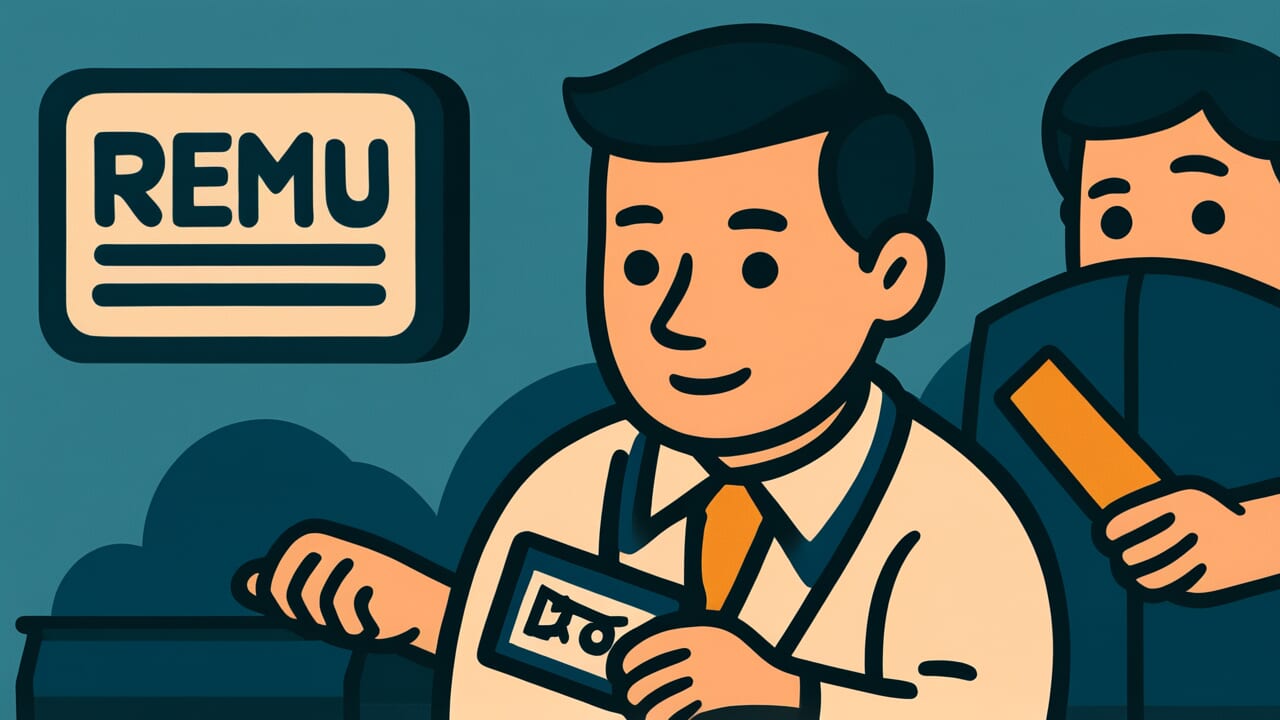How to Read “Value honor over life”
Inochi yori na wo oshimu
Meaning of “Value honor over life”
This proverb means that honor and reputation are more important than life itself. In other words, it shows a value system where losing your good name through dishonorable actions is worse than losing your life.
People use this saying when facing difficult situations. For example, when tempted to run away from danger or when offered a chance to gain profit through dishonest means.
In such moments, it expresses the determination to choose the right path. This is true even if it means risking your life or suffering great losses.
Today, extreme life-or-death situations are rare. Instead, this proverb teaches the importance of protecting social trust, professional reputation, and personal pride.
Once you lose trust, getting it back is extremely difficult. This saying reminds us to prioritize long-term honor over immediate benefits or safety.
Origin and Etymology
The exact origin of this proverb is unclear. However, it clearly reflects the spirit of bushido, the samurai code of conduct.
In samurai society, honor mattered more than individual life. Warriors valued their family name and martial reputation above all else.
Dying in battle was acceptable. Being remembered as a coward was not. The word “name” carried deep meaning beyond simple reputation.
It represented the pride of an entire family lineage. It was trust inherited from ancestors and a legacy passed to descendants.
Interestingly, this value spread beyond the samurai class. Merchants treasured their “name” as business credibility. Craftsmen staked their lives on their “name” as skilled artisans.
People learned from experience how hard it was to rebuild lost trust. This wisdom shaped their behavior and priorities.
Confucian philosophy also influenced this thinking. Confucianism taught that protecting one’s honor was essential for a noble person.
The idea of accepting death to preserve honor was highly respected. This philosophical background merged with Japanese bushido to create this proverb.
Usage Examples
- He was offered a dishonest deal, but with the spirit of “Value honor over life,” he firmly refused
- She was ordered to cover up the company scandal, but thinking “Value honor over life,” she decided to become a whistleblower
Universal Wisdom
This proverb contains a deep insight. It recognizes that the question “Who am I?” is as fundamental to humans as survival itself.
We humans cannot be satisfied with merely existing. We care deeply about how we live and how we will be remembered.
This is a uniquely human trait. Animals act for survival. Humans seek “meaningful survival.”
What’s fascinating is that concern for reputation actually holds society together. If nobody cared about their reputation, trust would collapse.
People would only act for immediate convenience. Business deals, promises, and social order would all fall apart.
The value placed on honor guides people toward honest behavior. It has maintained social order throughout history.
This proverb also reveals something special about human time perception. We don’t just live in “this moment.”
We see ourselves as part of a continuous story from past to future. That’s why we can prioritize lasting reputation over temporary physical danger.
This awareness of ourselves across time may be what makes us truly human.
When AI Hears This
If human lifespan is 80 years and a generation is 25 years, a person’s reputation continues for at least three generations after death.
Life ends in 80 years, but a name can last over 100 years. In game theory, this time difference is critically important.
In infinitely repeated games, the “Folk Theorem” applies. Simply put, when a game continues forever, cooperation becomes the most profitable strategy.
In a one-time transaction, cheating and running away might pay off. But in repeated transactions, honesty brings greater long-term benefits.
What’s interesting here is that even after death, your “name” token passes to family and students. The game continues beyond your lifetime.
Let’s calculate this concretely. When you damage your reputation for immediate gain, the loss includes not just your remaining life but also disadvantages your descendants face.
Suppose one betrayal gains you 100 units, but lost reputation costs 10 units per year. With 20 years of life remaining, the loss is 200 units.
But if reputation lasts three generations, the loss reaches 750 units. This asymmetry provides the mathematical basis for rational people to value honor over life.
Reputation functions as currency across time and space. Its investment returns far exceed the investor’s lifespan.
That’s why wise people choose the name that lets them play infinite games over the finite life.
Lessons for Today
This proverb teaches us not to judge situations based only on immediate benefits or safety. In our social media age, one dishonest action can spread instantly.
Trust built over years can crumble in a moment. This ancient wisdom is actually more relevant now than ever before.
What matters is having a clear sense of who you want to be. When facing difficult choices, this inner compass helps you decide without regret.
Success gained through dishonest means will haunt you deep inside. On the other hand, what you earn through integrity becomes a solid foundation for your life, no matter how small.
Of course, this doesn’t mean you should treat life carelessly. But focusing on “how to live” rather than just “staying alive” makes your life richer and more meaningful.
Small daily choices accumulate to shape who you are. Each decision is a building block of your character and reputation.



Comments